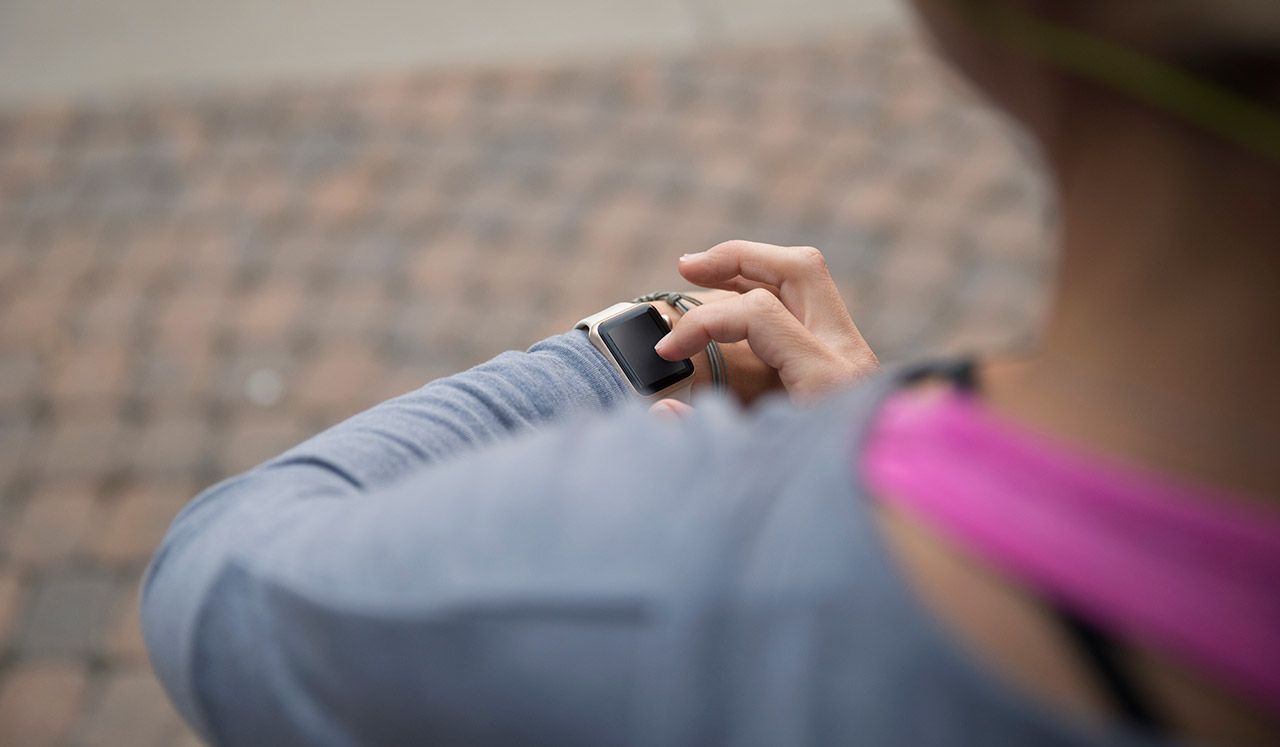They sound harmless, but surprise, tiny tendencies may tank your health.
Clean up your act with the following five measures from Dr. Chuan-Li Fan, DO, Family Medicine Physician at Memorial Hermann Medical Group Firethorne.
WHAT: Sitting nonstop at your desk.
Why it's Bad: Recent studies show that sitting for long periods of time is linked to obesity, high blood pressure and elevated blood sugar—all of which raise your risk of cardiovascular disease. Plus, poor posture leads to lower back pain.
Fix: Use that cell or computer timer to alert you to rise and move every hour or two. Taking a few minutes to walk or exercise not only will invigorate your energy, but may also jump-start your creativity. When you are seated, use good posture and keep your chair height where your thighs are parallel to the ground and your feet are flat.
What: Staying connected to work.
Why it's Bad: Tethered to our cell phones and laptops, “we’re taking our work home with us, which adds stress and slices into time we devote to sleep and exercise,” Dr. Fan says.
Fix: Rather than get sucked into the vortex of email and social media, set boundaries—and heed them. If you manage time well, you should be able to disconnect when you get home, Dr. Fan says.
“Make lists of small goals, and create a time frame of when you’ll deal with those things.”
Also take advantage of technology to save yourself from technology: You can use an app or voice-activated timer to keep you on track at work, he says.
“Be mindful about not getting distracted from your task.” Only read emails at predetermined times and set a timer so you stop. And if you must work at home, limit it to certain hours or one weekend session.
WHAT: Bending over to lift hefty objects.
Why it's Bad: This can cause lower back pain and compressed spinal disks, which may lead to surgery. That, in turn, may lead to scar tissue, which can cause more back pain, inactivity and weight gain.
Fix: Bend with your knees, avoid twisting or turning while lifting and ask for assistance if something is too heavy.
WHAT: Having morning lattes, mid-afternoon energy drinks or diet sodas.
Why it's Bad: Caffeine can be a day-after crutch for poor sleep, but it also may be the culprit for that insomnia. Other side effects include jitteriness, migraines and irritability.
“We also should consider the amount of sodium, which may raise blood pressure,” Dr. Fan says. “Diet sodas may have no calories, but artificial sweeteners may lead to obesity, various studies have shown.”
Fix: Max out at 400 milligrams of caffeine daily as recommended, Dr. Fan says. That equals four cups of brewed coffee or two “energy shot” drinks. Keep tabs and you may be surprised how much caffeine you’re imbibing.
Taper your total caffeine one drink at a time to avoid rebound headaches. Switch to water and if you need some excitement, squirt some lemon or lime into it.
WHAT: Keeping your eyes glued to your laptop or phone.
Why it's Bad: Like any muscle, overworked eyes can get strained.
Fix: Take visual breaks, focusing on a distant object at regular intervals. Also adjust monitors, use anti-glare screens and adjust lights so they’re not overly bright or cause squinting. Moisturizing eye drops can help if your eyes feel dry. If your eyes continue to trouble you, see an ophthalmologist for an eye exam.


